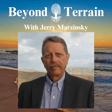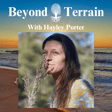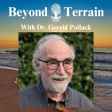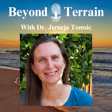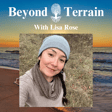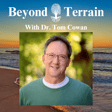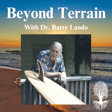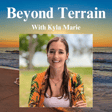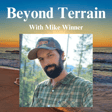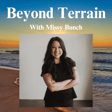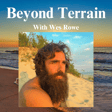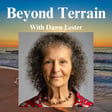
New Year Special - Check in, Feedback, Highlights, Books, & Goals
Join me this week as we have an informal, solo chat on the podcast so far!
We begin with a brief check-in to assess how things are progressing. Next, we delve into some feedback I've received, as well as addressing common rebuttals to the topics we've discussed.
We touched upon the notion that viruses were proven to exist and cause diseases before the invention of the electron microscope. Additionally, we explored the distinctions between the scanning electron microscope and the transmission electron microscope. We discussed the importance of examining the root cause when discussing diseases and health.
Following that, we reviewed some podcast highlights and delved into my thoughts on these topics. I also shared some of my favorite books that I've read this year.
Lastly, we discussed the goals I have for the podcast and some personal objectives. We explored the future trajectory of the podcast.
I hope you enjoy this episode!
Follow me
https://www.instagram.com/beyond.terrain/
https://linktr.ee/beyondterrain
Support the Vision
https://www.buymeacoffee.com/beyondterrain
ETH: beyondterrain.eth
BTC: bc1qqwc470ktgj3l4myqxr5hq67rnlqys0qm98u6f0
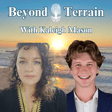
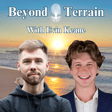
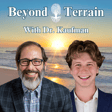
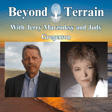
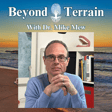
![DNA Doesn't Exist & Genomic Nonsense with Dr. Jerneja Tomsic [Part 2] image](https://media.zencastr.com/cdn-cgi/image/width=112,quality=85/image-files/652933f3a749dc383eb375de/ce5a5fd9-98c9-44fe-9b4b-3d0cd5abcf29.png)
